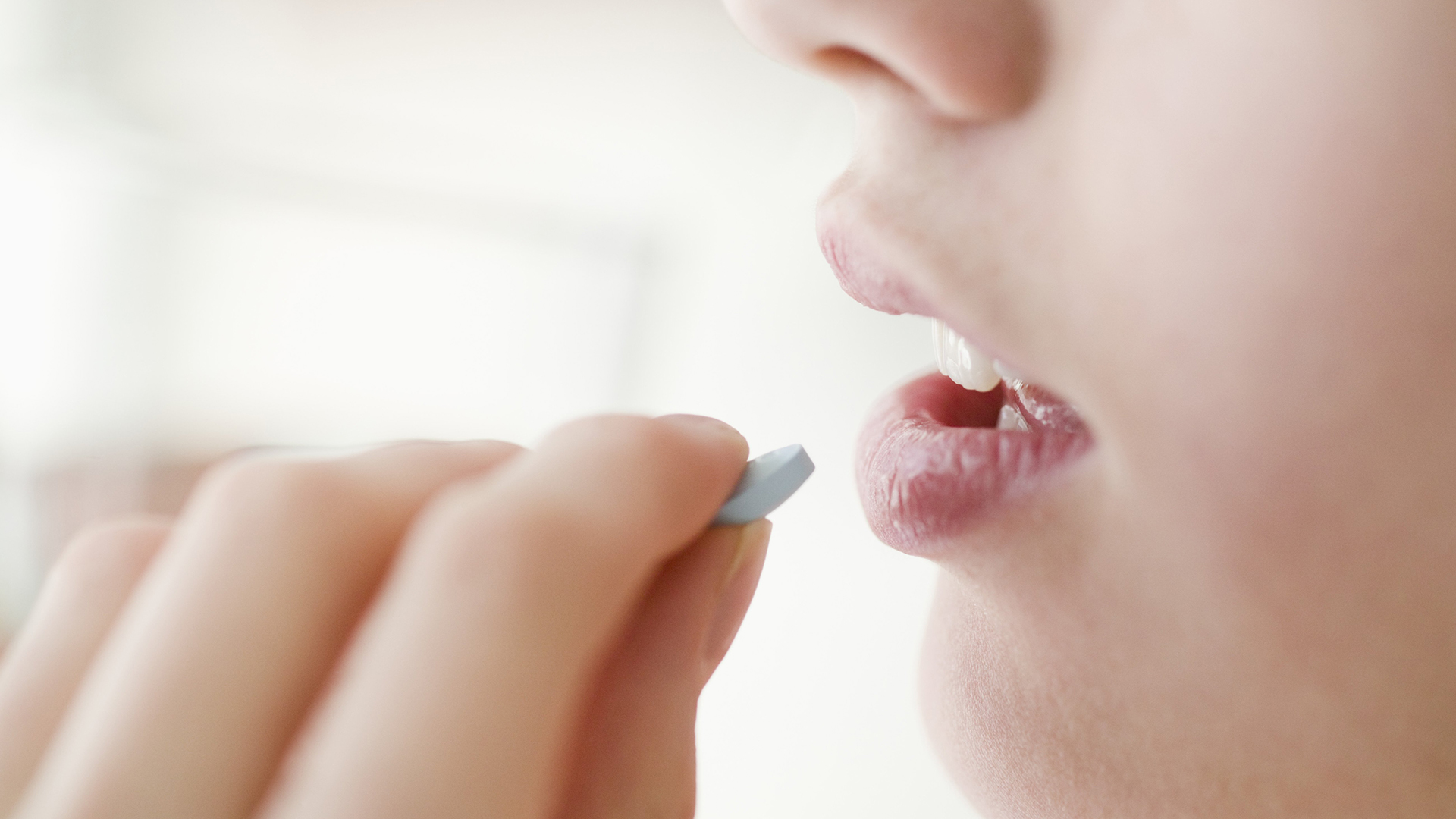And finding the right balance may be more difficult than anticipated.
A recent study concluded that some people with diabetes are being overmedicated, and their treatment plan is actually too intense.
Some past research has indicated that the majority of people with type 2 diabetes aren’t being treated aggressively enough and aren’t seeing improvements in their blood sugar levels.
However, the more recent study reports that a number of people taking insulin or other diabetes medications are experiencing hypoglycemia (low blood sugar levels) severe enough to send them to the emergency room.
The research discovered that when patients in the United States received more medication than required in order to achieve their HbA1c goals, it directly contributed to 4,774 hospitalizations and 4,804 emergency room visits over the course of two years.
The research estimates that about 20 percent of adults with diabetes in the United States are being overtreated — especially those with type 2 diabetes. This translates to approximately 2.3 million people being overtreated between 2011 and 2014, explained the study.
“This isn’t break-through science,” Dr. Rozalina McCoy, an endocrinologist and primary care physician at the Mayo Clinic in Minnesota and a lead researcher on the study, told Healthline.
“But it demonstrates the real human impact of overly intensive treatment in a patient with diabetes,” she explained.
“We know as clinicians that we shouldn’t be overtreating older patients or those with multiple health conditions, but other patients can be overtreated, too. The toll it takes on a patient’s life is real, especially if they are winding up in the emergency room.”
The challenges to treatment
While a person could take an oral or an injectable diabetes medication or have insulin injections to treat diabetes, the way those medications work are vastly different.
In addition, the amount of insulin a person needs for different times of day or different aspects of blood sugar management varies.
The amount of medication or insulin a person needs is based on a number of variables, including body weight, age, activity level, diet, stress, and overall beta-cell function.
These factors largely determine whether a person with type 2 diabetes will eventually need insulin or not.
“Even though type 1 diabetes is incredibly challenging to live with and very complicated, we at least understand why low blood sugars are happening,” said McCoy, “and as clinicians, we generally know where to start when making adjustments in their treatment to reduce those severe and recurring hypoglycemic events.”
She added, “With type 2 diabetes, it’s much harder to pinpoint the exact problem — especially when a patient’s A1c is still high but they’re experiencing frequent hypoglycemia, and they’re taking multiple medications.”
McCoy said that many clinicians don’t realize how easily a person with type 2 diabetes can experience hypoglycemia. Overall, the rate of low blood sugars in those with type 2 diabetes is lower compared to those with type 1, but its occurrence in people with type 2 is more than previously thought.
“One issue that contributes to the problem is that the risk of hypoglycemia for a patient with type 2 diabetes doesn’t come right away when they are first diagnosed,“ explained McCoy.
“First, they try to manage their diabetes through diet, exercise, and metformin — which cannot cause low blood sugars.”
In a person with type 1 diabetes, McCoy said hypoglycemia is expected and is essentially part of the diagnosis package.
A person with type 1 diabetes immediately receives an education about the signs and symptoms of low blood sugars, what can cause them, how to treat them, and how to prevent them from occurring too often.
Read more: Self-monitoring your blood glucose
A person with type 2 diabetes will only get financial reimbursement from their health insurance plan to see a diabetes educator for a specific number of years after the initial diagnosis.
By the time they are starting more intensive diabetes medications or insulin, the opportunity for a thorough education on blood sugar management may be minimal because of cost.
“Only a small fraction of patients with type 2 are getting proper education because there are not enough diabetes educators, not enough time with practitioners, and not enough financial reimbursement years down the road when they start taking insulin,” said McCoy.
“The risk of low blood sugar in a patient with a low A1c is actually very low because they’re not usually on an intensive treatment plan,” she added.
The higher the person’s A1c is, explained McCoy, the higher their risk of hypoglycemia is because the person’s doctor may be intensifying their treatment by increasing their dosages or by adding additional medications in an effort to lower their blood sugar levels. Continue reading





